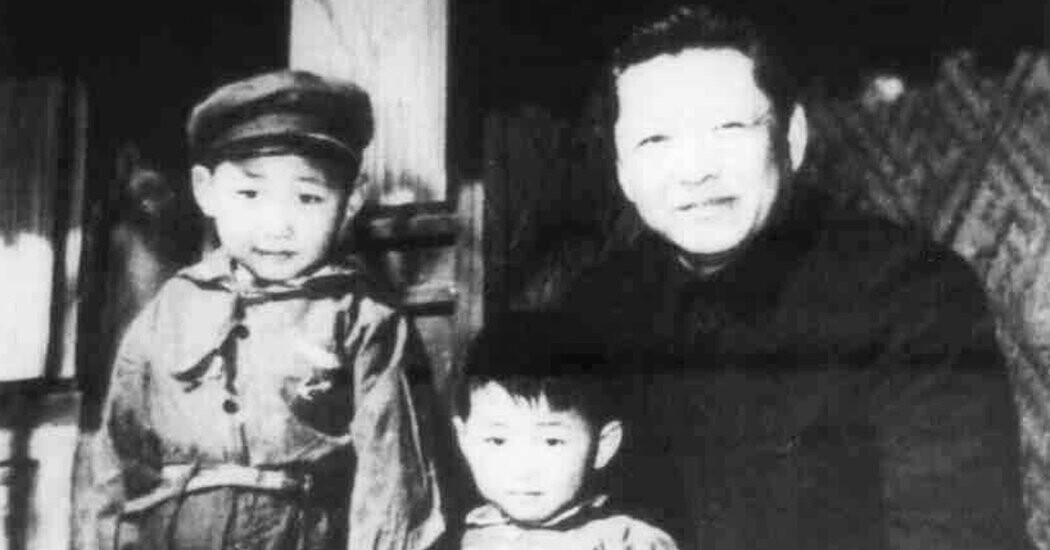

One June evening in 1976 when a neighbor visited Xi Zhongxun, a former vice premier who had been exiled to a factory in central China, he found the old man drinking cheap liquor and crying alone in the dark. Mr. Xi explained that it was his son Xi Jinping’s birthday. The old man felt guilty that Jinping and the family suffered so much during the Cultural Revolution.
A month later, Xi Jinping, who had just turned 23, visited his father, who made him recite two of Mao Zedong’s famous speeches from memory: “On Contradiction” and “On Practice.”
The Cultural Revolution ended that fall with Mao’s death. Xi Zhongxun would go on to become a national leader in the 1980s with a reputation as a reformer. His son Xi Jinping would become China’s top leader in 2012 and chart a more authoritarian course than any leader since Mao.
One of the most enduring debates — and, for many people, deepest disappointments — in contemporary China is why Xi Jinping did not live up to his father’s image. After both were persecuted under Mao’s autocratic rule, why has Xi Jinping’s reign come to echo Mao’s cult of personality rather than the more open, institutionalized governance that his father most likely would have preferred?
In a new biography of Xi Zhongxun, the China scholar Joseph Torigian addresses this question and contributes greatly to our understanding of China. The book, deeply researched, tells the story of a man torn between his humanity and his loyalty to the Chinese Communist Party, offering insights into the party’s workings and the human suffering that shaped his son’s governing style and conception of power.
“Some may wonder why Xi Jinping would remain so devoted to an organization that severely persecuted his father,” writes Mr. Torigian, an associate professor at American University and a research fellow at the Hoover Institution. “Perhaps the better question is, How could Xi Jinping betray the party for which his father sacrificed so much?”